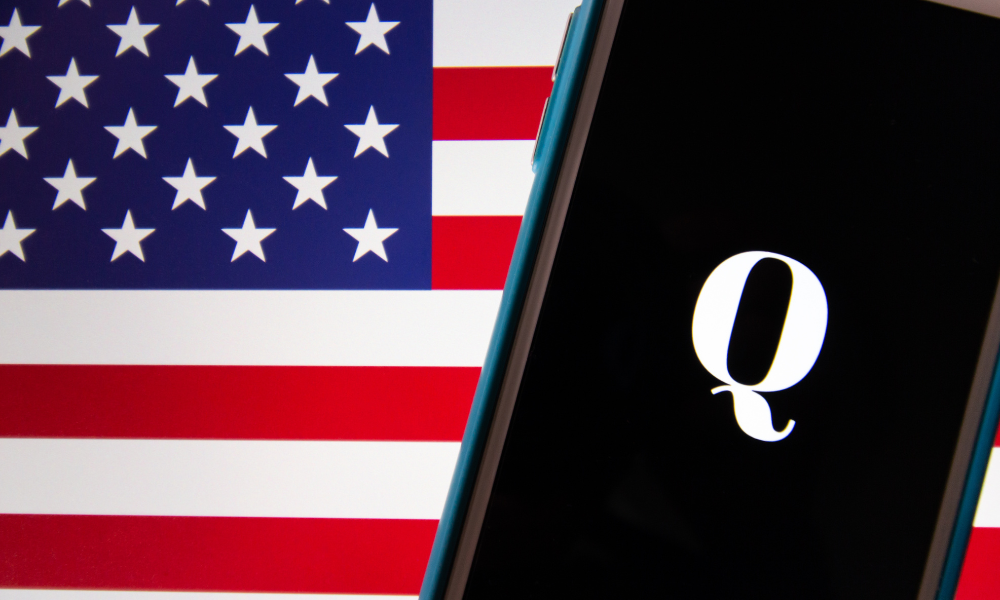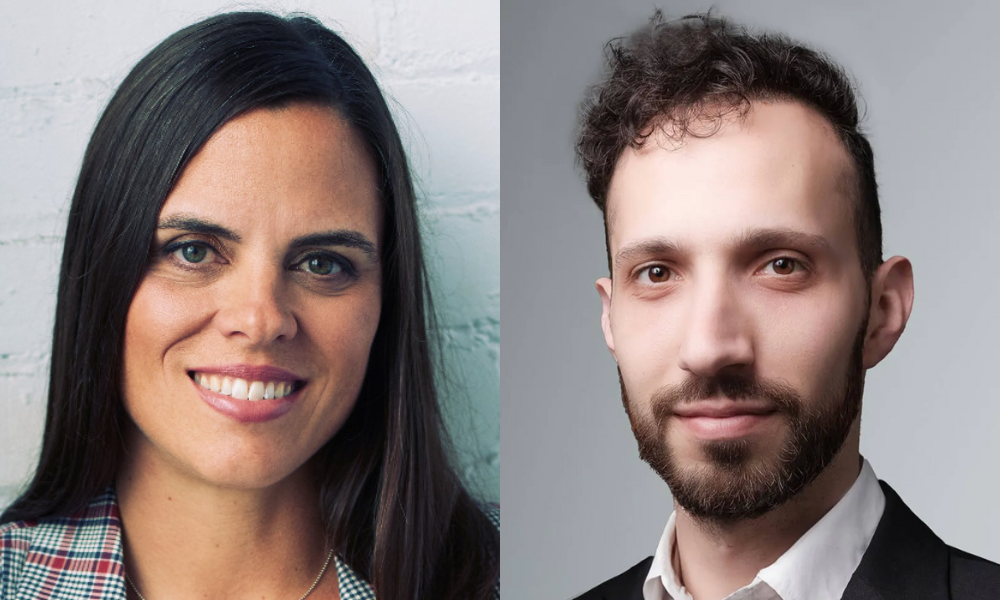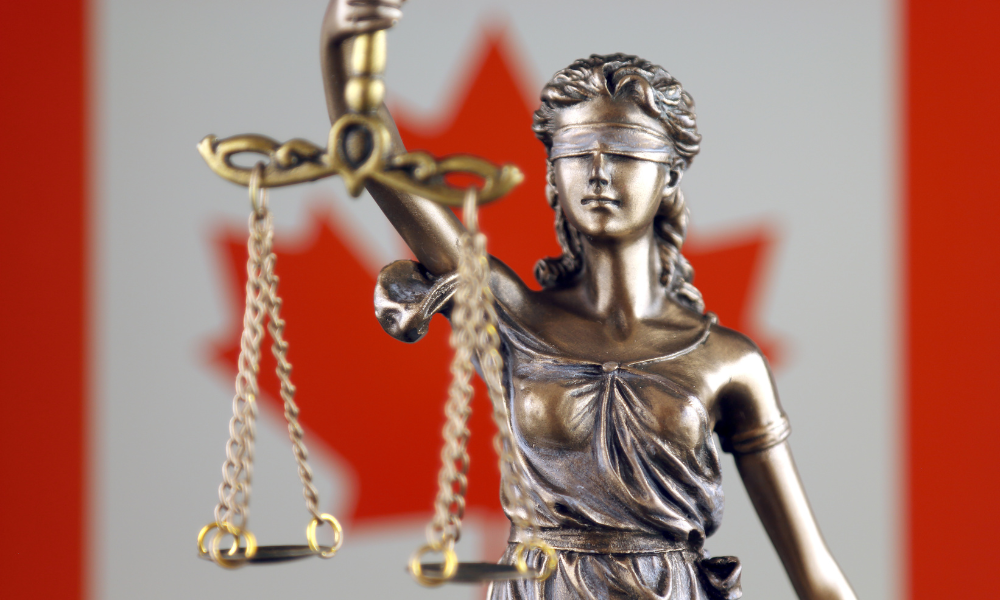Woman banned from working in BC, continues to operate in Yukon as 'retired' professional

A Yukon-based clinical social worker has been temporarily stripped of her professional registration by the British Columbia College of Social Workers (BCCSW) due to her promotion of conspiracy theories, according to a CBC report.
Debbra Greig – who operates the Hannah Clinical Social Work Service in Yukon – came under investigation after allegations that her beliefs, tied to QAnon conspiracy theories, could harm clients. According to a decision by the BCCSW, Greig's conduct and statements posed "a serious risk to the public," particularly vulnerable individuals and families she worked with.
The complaint raised to the college questioned Greig’s ability to offer competent and ethical services, according to the report.
The investigation began after a Yukon Legal Services Society lawyer flagged an alarming email Greig sent while working with a rural client. The email asserted that Canada’s court system was "null and void" and that the country was now governed by Romana Didulo, a self-proclaimed "Queen of Canada" associated with QAnon ideology.
“It was really strange to say the least,” said Lynn MacDiarmid, executive director of the Yukon Legal Services Society. After seeking clarification, the legal aid team was met with confirmation that Greig genuinely believed in Didulo’s royal decrees.
“If Ms. Greig is advising a lawyer about this information, she is likely counselling her vulnerable clients to believe in this. This is extremely concerning,” MacDiarmid wrote to the BCCSW in her complaint, according to the CBC report.
The college’s inquiry revealed additional remarks from Greig about an impending "apocalypse of information" that would enlighten the public about global truths. The regulatory panel noted the significant harm her beliefs could inflict, particularly if clients acted on advice such as ignoring financial obligations or legal processes.
Lack of oversight in Yukon
While the suspension bars Greig from practicing in British Columbia, the BCCSW's reach does not extend into the Yukon, a jurisdiction without regulatory oversight for social workers. Greig sought registration with the B.C. college in 2007, but she works with Yukoners for the most part.
Greig’s website remains active, promoting her services and listing her now-suspended designation as retired, according to the CBC report.
This lack of oversight deeply troubles Linda McDonald, an advocate with the Liard Aboriginal Women's Society in Watson Lake.
“To hear the B.C. College of Social Workers has taken away Ms. Greig's licence to practise and the reasons behind it is very concerning to us because we have a lot of people here who are struggling and need support,” McDonald told CBC. “We feel that people here should be able to count on unbiased and healthy counselling experiences.”
Yukon psychologist Reagan Gale echoed these concerns, stating that the absence of territorial regulation creates vulnerabilities in communities already limited in their mental health support options.
“Yukon is unique in that it is the last Canadian jurisdiction that lacks a regulatory model or regulatory oversight for many different health professions and other professions like social work,” Gale told CBC.
Gale emphasized that while creating an oversight body is challenging, it is essential for protecting at-risk populations.
Post-pandemic, there has been a significant increase in demand for mental health services, and more and more Canadians are looking towards their employers to provide support, according to a previous report.




